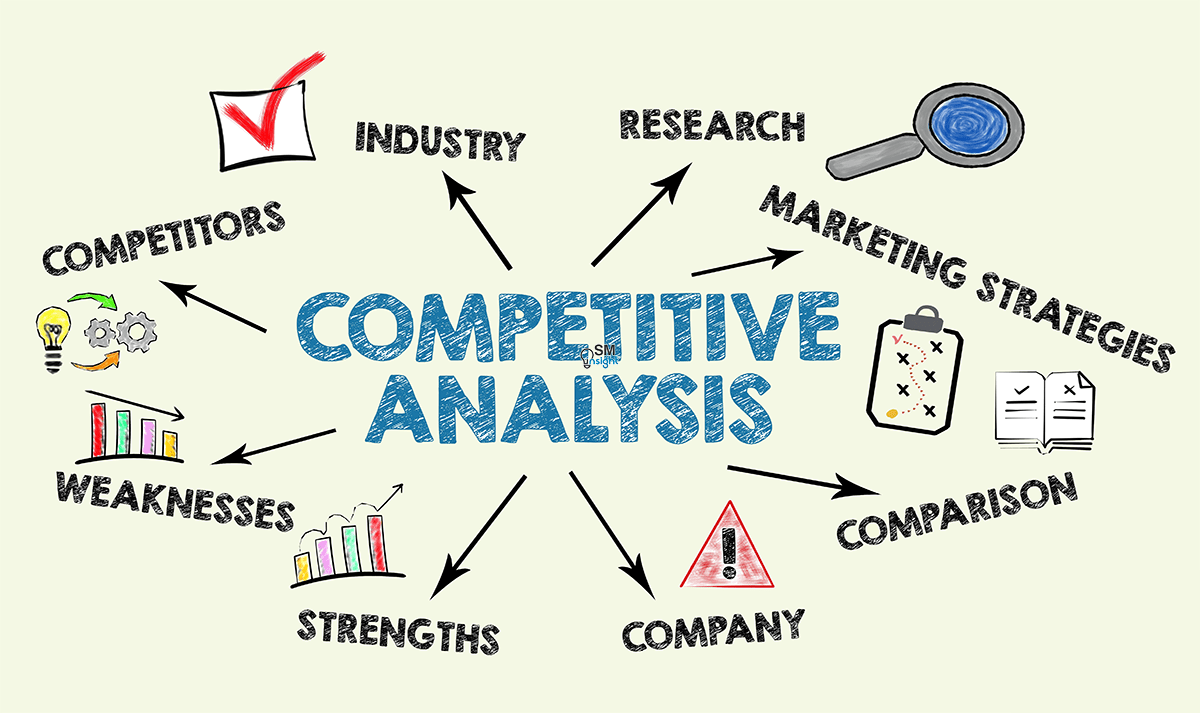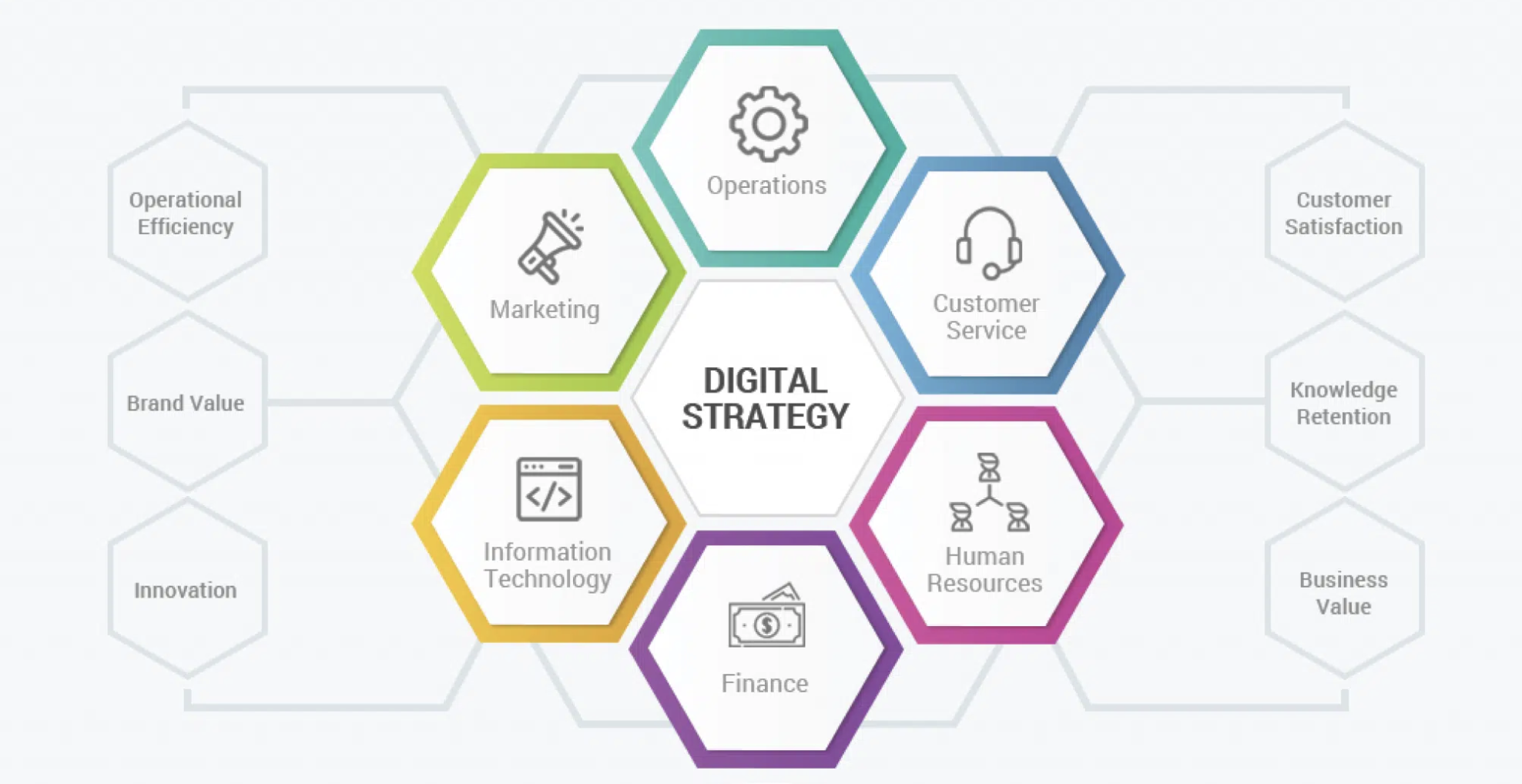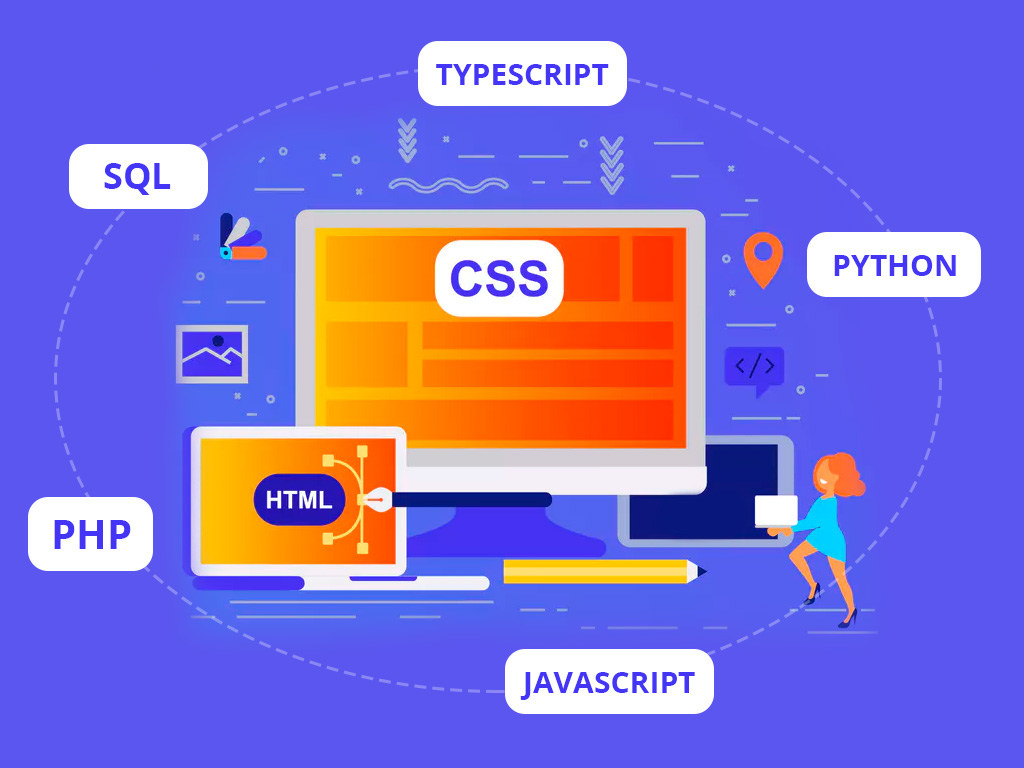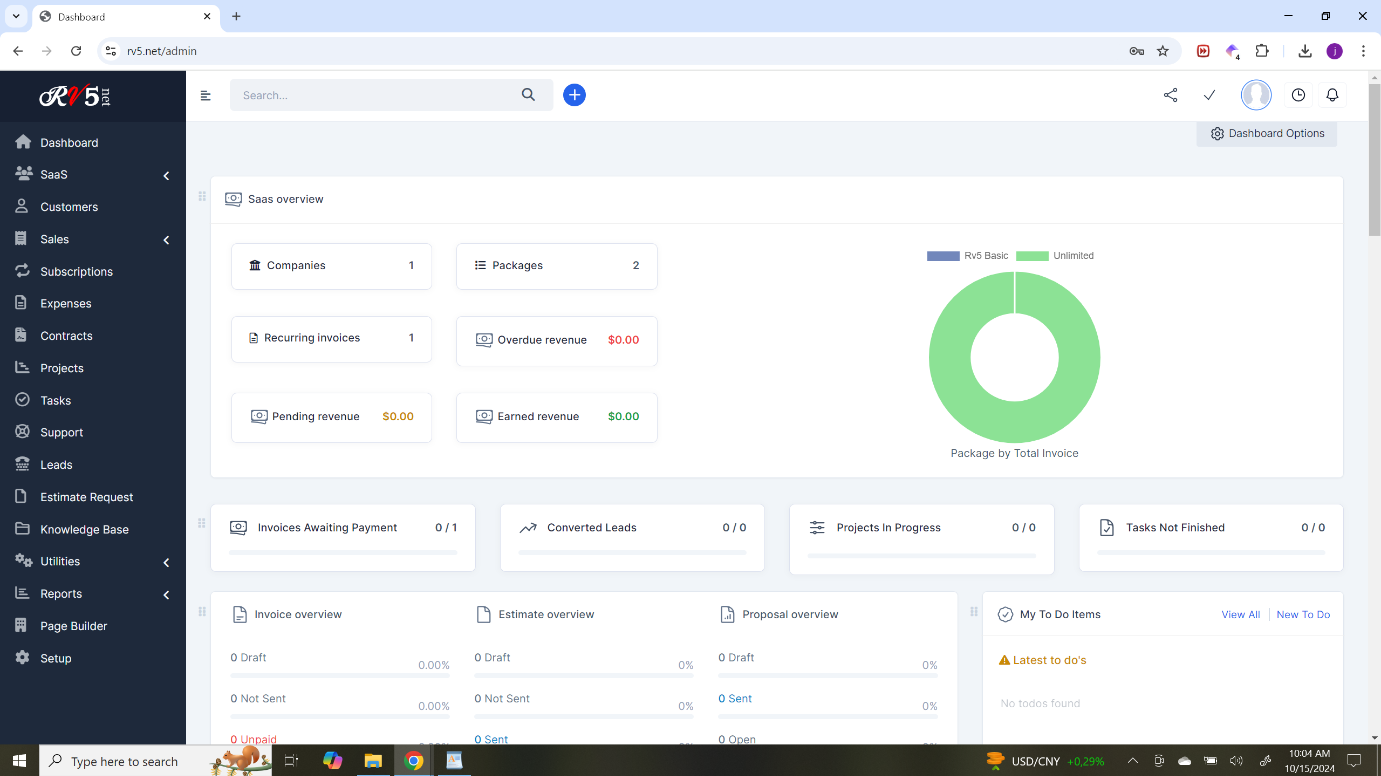Cybersecurity is the practice of protecting systems, networks, devices, and data from digital attacks, unauthorized access, damage, or theft. It involves using technologies, processes, and controls to ensure the confidentiality, integrity, and availability (CIA) of information.
🔐 Key Areas of Cybersecurity
- Network Security – Protecting networks from intruders, malware, and attacks.
- Application Security – Securing software and apps from vulnerabilities.
- Information Security – Safeguarding data from unauthorized access or alteration.
- Operational Security – Managing access controls and permissions.
- Endpoint Security – Protecting devices like laptops and mobile phones.
- Cloud Security – Securing cloud-based systems and data.
- Identity and Access Management (IAM) – Ensuring only authorized users can access resources.
- Disaster Recovery & Business Continuity – Ensuring systems can recover from attacks or failures.
👨💼 What Does a Cybersecurity Consultant Do?
A cybersecurity consultant is a professional who helps organizations protect their digital assets by identifying risks and advising on strategies to reduce or eliminate them.
✅ Services Typically Offered by a Cybersecurity Consultant:
- Risk Assessment & Security Audits
- Evaluate the current security posture.
- Identify vulnerabilities in systems, networks, and policies.
- Perform penetration testing and vulnerability scans.
- Security Strategy and Planning
- Develop cybersecurity policies and incident response plans.
- Design secure architectures and frameworks.
- Compliance and Regulatory Guidance
- Ensure organizations meet standards like:
- GDPR
- HIPAA
- ISO 27001
- PCI-DSS
- Ensure organizations meet standards like:
- Security Awareness Training
- Educate staff about phishing, social engineering, password hygiene, etc.
- Incident Response
- Help investigate, contain, and recover from security breaches or cyberattacks.
- Perform digital forensics when needed.
- Implementation of Security Tools
- Firewalls, antivirus/EDR software, SIEM systems, encryption, etc.
- Configure multi-factor authentication (MFA), intrusion detection systems (IDS), etc.
- Cloud Security Consulting
- Securing platforms like AWS, Azure, Google Cloud.
- Monitoring and Threat Detection
- Set up systems to detect and respond to threats in real time.
🧠 Skills Needed to Be a Cybersecurity Consultant
- Technical Skills:
- Networking (TCP/IP, firewalls, proxies)
- Operating systems (Linux, Windows)
- Ethical hacking, penetration testing
- Familiarity with cybersecurity tools (Wireshark, Metasploit, Burp Suite)
- Knowledge of scripting languages (Python, Bash)
- Soft Skills:
- Analytical thinking
- Communication (especially when explaining technical risks to non-tech stakeholders)
- Problem-solving
- Adaptability (threats evolve constantly)
- Certifications (Highly Valued):
- CompTIA Security+
- Certified Ethical Hacker (CEH)
- Certified Information Systems Security Professional (CISSP)
- Certified Information Security Manager (CISM)
- GIAC certifications







